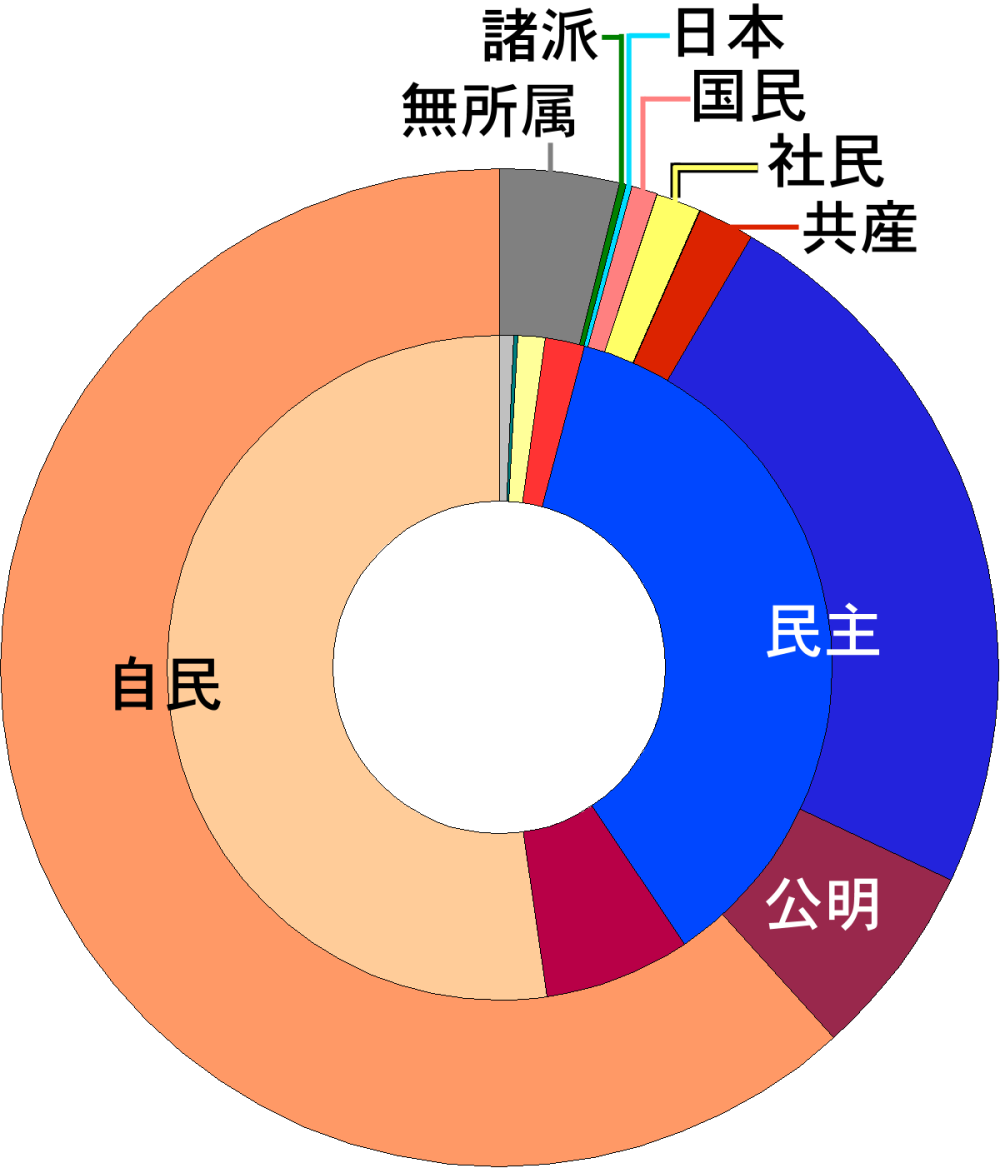
Japan is entering a heated campaign for the Diet, and the Liberal Democrat Party ruling party faces a serious challenge that is unusual in the post-war period. The campaign by the main opposition party, the Democratic Party of Japan, has largely revolved around a broad call for “change,” while many observers have difficulty discerning differences in campaign promises or likely governing policies.
It is interesting to note that the opposition DPJ declared yesterday that they are committed to a 25% reduction of carbon emissions by 2020 (from 1990 levels), in contrast to the LDP’s 8% target. Policies include a cap and trade policy, opposed by business, a “feed-in tariff” that obliges power companies to buy renewable energy at a fixed price, and the “consideration” of an environment tax.
Reaching agreement between advanced and emerging countries on 2020 targets is critical to the success of the upcoming UN climate change conference in Copenhagen in December. Some may be skeptical about whether electoral promises will be carried out. Regardless of the outcome, it will be interesting to see how much this issue resonates with the Japanese electorate and whether they will accept the price for environmental change.
(Note: The chart above shows the distribution of seats from the 2005 election).